Jodie Harsh’s debut book documents a golden era in London club culture through the eyes of one of its most legendary characters. It’s called You Had to Be There, and Man About Town Editor-in-Chief Luke Day was.
Jay Clarke couldn’t see himself doing drag past 25. When he met Luke Day in the mid-noughties – Day then a 27-year-old stylist climbing the ranks of noughties magazine publishing – he was a plucky 19-year-old London College of Fashion student hellbent on a career in the industry. Not to mention, four years into a love affair with sticky dancefloors, after being unleashed on the London club scene before turning 16. “I remember you simply said, ‘I’m just doing [Jodie] for fun,’” Day says. “‘I don’t see this being anything, because I want to be like you when I graduate – I want your job.’”
Performing as Jodie was merely a stopgap creative pursuit, in anticipation of the greater creative horizons that awaited. “I’ve always been quite ambitious in terms of other places I want to go,” Harsh says, sitting in the living room of her North London apartment, days before You Had to Be There’s release. Her CV today bears the hallmarks of that drive. She parlayed nightclub appearances as Harsh into a career hosting her own parties, before architecting gay club brand Room Service in 2010 – the London queer event that also met club kids in Amsterdam and New York. Cultivating her own presence as an international DJ in tandem, she’d transfer her act into the uncharted waters of “straight” festivals like Creamfields and Parklife, before also supporting Troye Sivan and Kylie Minogue on their arena tours. Amidst it all, she’d also find herself in the studio, collaborating with some of music’s sharpest minds – the late SOPHIE being a case in point – remixing for everyone from Beyoncé to Justin Timberlake. And, when COVID pulled the plug on the decks in 2020, she leaned into producing and writing as an artist in her own right – eventually releasing an ubiquitous handful of lockdown-era anthems (“My House”, “No Sleep”) and signing to Warner Records.
But the plot twist is that Jodie remained throughout it all. The hair’s got bigger and firmer. Today, it’s a towering freeze-dried bouffant that could knock the comedown out of you if required. The type of look recognised by silhouette only, befitting of the legendary presence that sports it. “Sometimes I feel like I’m still that boy from Canterbury, at 15 years old, getting on the train and going out in a crop top with my tongue pierced and frosted tips in my hair and an infected belly button ring,” she tells Day. You Had to Be There unpacks how she got from there to becoming London club royalty – or at least the first ten years of that story. She makes one thing clear: it’s not an autobiography. “Who cares about my childhood? You want page one to be me walking into a club and taking an E, because that’s where it gets exciting.” So, instead, it’s a memoir, a time capsule of Harsh’s life between the ages of 15 and 25 – encompassing her first night out, friendship with Amy Winehouse, nights spent at Discotheque alongside the likes of Lee McQueen, Kim Jones and Day, as well as her estrangement from her father. It’s an opera told in four to the floors and a window into a scene, pre-social media and austerity, that’s now struggling for survival. “It’s my story, but with the boring bits cut out.”
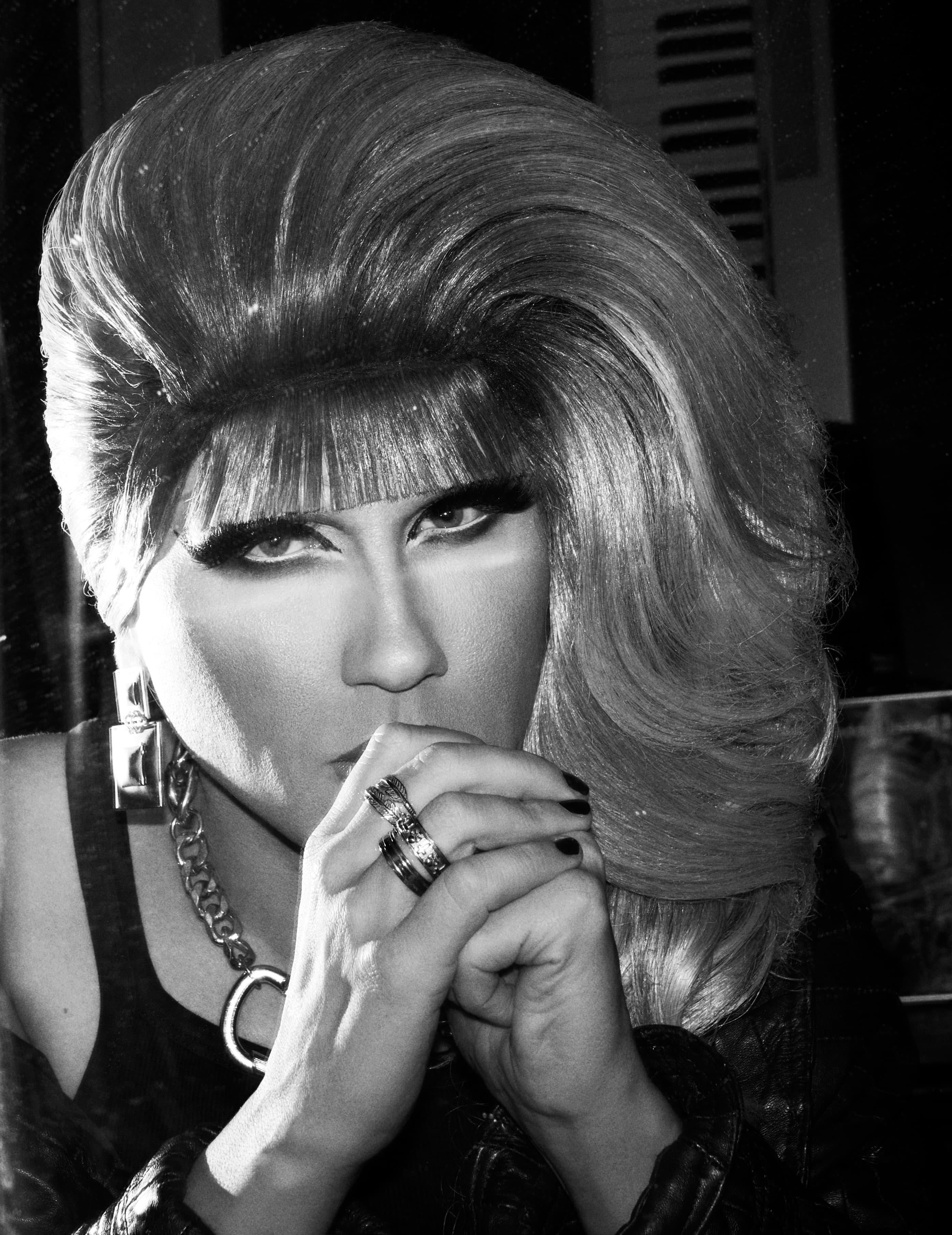
Luke Day: Walking into this [apartment block] is so mad. I had PTSD of coming back here all the time and partying.
Jodie Harsh: Everyone’s lived in this building.
LD: It’s a mad building. It’s almost like the tales of the city are within these walls, because all these magical people live here.
JH: And some of these flats are insane. This is like the caretaker’s cupboard in comparison.
LD: Being part of your journey, I was reading the book, going, ‘Oh my god, I know all of this. I know all of these venues.’ But I also learned loads about you that I didn’t know. It really made me reminisce about the shoots that we used to do together. And we’d just buddy about. I was really young too, and relatively newer [in the industry].
JH: Probably when I first moved to London, I thought of you as adult. But you were just a few years older than me.
LD: You were 19, so I would have been 27. So I was still really young in that world, just hustling my way through. Anyway, the book – I tore through it.
JH: Was it what you expected?
LD: Maybe it wasn’t quite as I was expecting because I felt really immersed in it. All those things you’re describing – the sensations of a lot of first-time moments, whether it’s a musical thing or kissing people or taking drugs. The descriptions of taking drugs – how do you feel about having to go back and think about how that made you feel, considering you’re sober now?
JH: Well, I’ve been sober for 15 years. I’ve never spoken about being sober until this point, because I’m quite a private person, as you know. I prefer not to show myself out of drag, for example. But I thought long and hard about writing a book. And when I decided to do it, I said, ‘It’s all got to be in there,’ because, otherwise, what is it? I wasn’t living in fantasy land. A big part of my life was drugs and sobriety. I don’t vilify drugs or drug use. I had great times, and then I also took it too far. And then I used drugs rather than enjoyed them.
But I think there’s almost this two-pronged approach to the book where I’m the main character, and it’s my journey through young adult life from 15 to 25 years old. I don’t want to sound clichéd and say the city is the other main character, but I guess the club scene is this other [character].
LD: How Carrie Bradshaw of you!
JH: I know, so Sex and the City. But clubland is its own life as well because it’s like a living, breathing thing. So it’s my journey and this parallel journey of London nightlife through a decade, which changes dramatically as I did as well.
LD: I mean, touching on what you said earlier, it’s interesting because I’ve always thought of you as being super private. And so to put yourself out there and [touch on] relationships with your father, your friendships with Amy [Winehouse] and [your best friend] Kingsley – they’re really raw and emotional.
JH: Yeah, but I also wanted to celebrate those people as well. That was very important. Before I even started writing, I’d said,‘I don’t want to throw a single person under the bus other than myself.’ I don’t want some trashy book.
LD: I really do think you celebrate a lot of people in it. The chapters about Amy, describing your dynamic and how you felt about her, it is beautiful and really real.
JH: I guess the Amy thing is interesting because of how real it was for me, and she was pretty much one of the most famous people in the world. But when you’re around someone’s house and they have taken the beehive off and they’re just sat there gossiping, it is just real. You know, we’ve sat in rooms with really famous people, and you go, ‘Oh, you’re just a human being.’
LD: Yeah, I mean that story… I remember the pictures.
JH: The tea… serving the tea [to paparazzi outside Amy’s house]? We spat in those cups of tea.
LD: So iconic. You were in the papers all the time during that period, falling out of clubs or with various celebrities, with Amy.
JH: Yeah, totally. With Jaffa Cakes under my arm. You look back now and it’s completely cartoon and ridiculous, but in the moment at 5 am on a Wednesday night, it was just like, ‘Should we give these blokes outside a cuppa?’
LD: Were you inside, going, ‘Oh my god, this will be hilarious, we should do this?’
JH: No, I think one of us said, ‘Should we give everyone a cup of tea?’ I think it was her. She was under about 24-hour surveillance by so many of these burly guys.
But a lot of them were looking after the house from the outside. Not all of them were going through the bins. They were all selling pictures of her, but they would keep a lookout on the house. It was almost like she had this layer of security outside, but she also saw them as the people who were making her life hell. It was a very double-edged sword.
LD: Did you watch the Amy film?
JH: I did. I didn’t think it was the worst representation of her.
LD: Oh, yeah, I agree with you.
JH: Did you ever meet Amy?
LD: Yes, a couple of times.
JH: I mean, it wasn’t exactly her, but it’s not going to be because it’s a film portrayal.
LD: I also did love in [You Had to Be There] how Kingsley is the thread that runs throughout.
JH: Yeah, my best friend. Since I was 16 years old. Kingsley passed away in the very early days of writing the book. I’m in touch with his sister a lot, and she’s very excited to read it and hear the naughty things we got up to.
LD: I always loved you two together. You were both so fun, bright-eyed, bushy-tailed and gutsy.
JH: Running around clubland, ending up in the craziest scenarios with everyone from the magazines. It was completely bonkers.
LD: With magazine [people], designers… But that was the beauty of going to Discotheque, particularly, because the music was so good there, so lots of people used to come. Kim [Jones] would come. You’d have a few celebrities in there, all of these fashion magazine kids.
JH: But also, you see old flyers for Discotheque and second on the line-up is David Guetta. These people were coming up through the ranks.
LD: I thought that was mad in the book when you were naming the people, and I was like, ‘Oh my God, were those people really playing?’ Because I’d always just be in that small room.
JH: The R&B room? It was like our youth club. And you’d go, and you would know the faces that you were guaranteed to see. I think we’ve lost that, really, in London over the past 10 or 15 years. Not completely, but it isn’t like it used to be.Everything changes, and I was conscious when I was writing the book that I didn’t want to be some moany old person. I’m sure things were much better than the noughties in the ‘80s or the ‘90s.
LD: Everything was always better for every generation.
JH: I think in 20 years people will be going, ‘Oh, I wish I was there for 2025.’
LD: I mean, as a comparison, I felt, after COVID, going to [your night] Feel It was like going back into that youth club feeling again. I used to come down on my own because I knew that I could walk in and I would have people to hang out with. You’re keeping that spirit alive. And the fact that [Feel It] is still going and it’s still so successful and it’slike a weekly thing…
JH: And it’s hard to upkeep these things. People can’t really afford to go out, people are drinking less, people are on their phones, people are on apps. Places are shutting all over the country.
LD: It’ll be interesting to see whether it pushes things underground again. Last week, [my boyfriend] Liam DJed at something, and it was a Portuguese deli/café that’s on Hackney Road, but apparently they have a basement, so [the party] was in there.
JH: This is the sort of thing that I would randomly be at back in the day. And I would love to say that I would go out on a Tuesday and go behind a Portuguese deli, but I’m not really at that place anymore.
LD: Do you ever go out recreationally now?
JH: Very occasionally. Work has taken over. And I am in a place where I love what I do still – DJing and throwing parties. But also I enjoy nights in and a book. But I’m really glad to hear that those things are happening.
And I don’t want to sound like a party pooper. It’s felt amazing to revisit these scenes and these clubs for the book. Finding old copies of [noughties style magazine] SuperSuper or googling and seeing pictures of the rooms…
LD: Do you keep loads of stuff? I feel like I had loads of QX and Boyz magazines, and I got rid of quite a few a while ago. I used to keep all the ones where there would be pictures of us.
JH: I kept everything that I was in just because I thought one day it might be useful to have. I always thought I would do something to celebrate clubland. I always had in the back of my mind that what we were living in was really exciting. ButI kind of thought it would be an exhibition.
LD: I mean, it still could be.
JH: It could be.
LD: What I really love about the book – and this sounds like a cliché – is that it’s an amazing coming-of-age story. Being so young, but also finding yourself and finding your tribe.
JH: Community and home. They are two major themes of the book. How important the chosen family is. And then home – the club as a home. We form other families and other homes, and that was very important to reiterate again and again throughout the book.
LD: Thinking of families, how did you find having to write about your dad? I responded to it, like, ‘Oh my god, I know all those feelings.’ How you’re thinking your father looks at you. That’s a really tough storyline.
JH: I had a very unusual relationship with my dad, and unfortunately, it was a: Because I was gay, and b: Because I did drag. They’re the only reasons, which is so unfair. He died while I was deep in the process [of writing the book].
LD: Did you end up changing anything about him after he died because you felt more emotional about him?
JH: No, I didn’t. Characters in the book, such as my dad, I’m not telling [readers] really who they are. So I certainly didn’t have to go back and change anything. He remarried when my parents divorced, and his wife is absolutely lovely. I saw her at the funeral.
LD: She’s the one who saw you on telly, right?
JH: And she knew all along that I was doing drag and working in clubs and becoming successful. I was in my early to mid-twenties. I think she was quite interested in it. And she’d kept it from my dad. And my sister would let her know what Jodie was up to or ‘Jodie’s doing this thing…’
LD: I wonder if she ever tried to nudge him into trying to get you to reconnect.
JH: I believe she did. She has mentioned that to my sister. And he’d just brush it all off. And, over the years, I’d thought about writing him a letter or just picking up the phone. I was thinking about him a lot when I was writing the book, so I said to my sister, ‘Should I just phone dad?’ She said, ‘He’s just not going to respond. There is no relationship there.’ ‘Fine. I absolutely won’t.’ And then when I found out he died, which was very sudden, at first it was like, ‘Okay, that’s now impossible.’ But over the weeks after his death, I was speaking to friends and everyone was saying, ‘It wasn’t for you to make up. He was the parent.’
LD: Yeah, because it was his decision. He didn’t want to be in contact with you.
JH: He could have got in touch. He had 15 years to reach out, and he didn’t…
Harsh’s Alexa device: I’m not quite sure how to help you.
JH: Alexa, stop.
Harsh’s publicist: That was quite poignant what she said [laughs].
JH: I’m just gonna turn her off. That’s so insane.
LD: Weird AI.
JH: Oh my God. I’m not sure about the Alexa, are you?
LD: I think I had one years ago, but it just gets really annoying. There are three of us in this interview.
JH: Where was I…?
LD: I could really relate to it because I feel like I definitely had issues with my dad growing up in that coming-out era.
JH: Is your dad around?
LD: My dad’s around. He’s still healthy.
JH: I believe I’ve met him.
LD: You would have met him at my wedding. My dad is dyslexic and left school without being able to properly read, but it’s like he’s read a million self-help books, somehow, in his journey of life. And I think because he’s travelled a lot with work, he’s just become a way more open-minded [person]. I feel like you can go two ways when you get older – you can become a grumpy old man, or you become a lot softer. And he is that person. I had years where I didn’t really speak to him when I was young. And going back to what you were saying about the drag thing… I remember when he asked my brother if I was gay, my brother said, ‘No comment,’ and my dad went, ‘As long as he’s not wearing a dress.’ It’s so interesting how that drag element is almost the deal breaker, where it’s like, ‘Not my son.’
JH: Dads are complicated sometimes, aren’t they?
LD: Mums are too.
JH: Mums can be too, yeah. I’m really close to my mum, though. She hasn’t read the book. I was like, ‘You’ll read it on release day, it’s too late to change anything.’ But, yeah, the dad thing… I got very upset at his funeral, because it’s just so final. We never reconnected.
LD: So you went?
JH: I sat at the back.
LD: In drag?
JH: No. That would have been so slay.
LD: You should’ve turned up with a whole entourage. You know, if they ever make this into a TV series, that’s what should happen.
JH: 100%. It’s like that scene in Nighty Night where she goes on the back of a horse and she has go-go dancers.
LD: If you could go back to any club, what club would you go back to?
JH: What a good question. I loved The Cross. I loved Drama and Fiction on a Friday. They were just so glamorous. Julien McDonald, Skin from Skunk Anansie, and McQueen might be there. It was that glitterati crowd. And people would dress up to the nines. It was a sweaty rave, but it felt very chic.
LD: That’s what I thought was interesting when I looked at a picture of me and you in a club. I’m literally in a blazer. I can see that I’m wearing Hedi’s Dior. We used to go [out] on a Saturday night, and I’d be in Dior or Gucci. I don’t think that happens so much anymore. I remember once going to Boombox and wearing a full Gucci runway look – tasselled suede boots, with the hot pants, with the belt, with the floral chiffon shirt.
JH: You would not wear that out now.
LD: I’d maybe wear it in Ibiza at a push. But, yeah, I’d be [wearing it] in Boombox…
JH: …at midnight on a Sunday, with someone in a K-hole next to you…
LD: …with Kylie Minogue on the stage.
JH: [Dressing up] seems to have gone. I think it will come back at some point. But, you know, the country’s in, essentially, financial ruin. Is it the time to be out in a nightclub wearing a full designer look? It’s probably not at the moment.
LD: How many more years are you going to do drag for now?
JH: Well… I don’t have a time limit now. Finally, it’s fun, and I like that I always look the same. I always have the same hair, and it’s just freeze-dried. I think it’s quite camp. Maybe one day I’ll wake up and think, ‘Oh, I want to do some stuff out of drag.’ But that hasn’t been a thing yet.
LD: Do you feel like there’s a part two to this book?
JH: Well, the book does finish at 25 years old, and I haven’t written more, but I do know what I would do if the idea was presented to me [for a second book]. This book is my youth. It’s discovering who I am, running around clubland and ending up getting sober. But there’s also this ‘world of being a DJ’ book, because I don’t really DJ that much in [You Had to Be There]. At the very end of the book, I say, ‘I’m about to start going to the studio and learning how to make music.’ So there is another story.
LD: Do you feel like you nurture? Do you look at [the younger generation] and see a lot of yourself?
JH: I do. And also, the next generation is so important. I was looked after by lots of people and shown the way and taught how to do makeup or how to throw a party. Brought into these worlds by people out of kindness, not out of them getting anything out of me. So if someone’s doing well and they’re 23 years old, it’s amazing. I enjoy seeing my younger self in other people. Otherwise, I’d be some old witch.
LD: I mean, we learned so much from older people. I was with Fran [Cutler] at the weekend, and I always reminisce with her. If I told my mum that when I was 20, I was hanging out with people who were nearly 40, she would be like, ‘What do you mean? That’s weird.’ But I was just absorbing everything from them.
JH: Totally. Simon, in the book who was an important father figure, and Fran Cutler. These people are just absolute iconic beacons of the London scene. They have been so important to me. We’d go and hang out with Fran all the time. I mean to be around legends…
LD: But you’re a legend. I’m almost a legend, too, I feel.
JH: Of course you are.
LD: We’re icons.
JH: Icons.
Photography
James Anastasi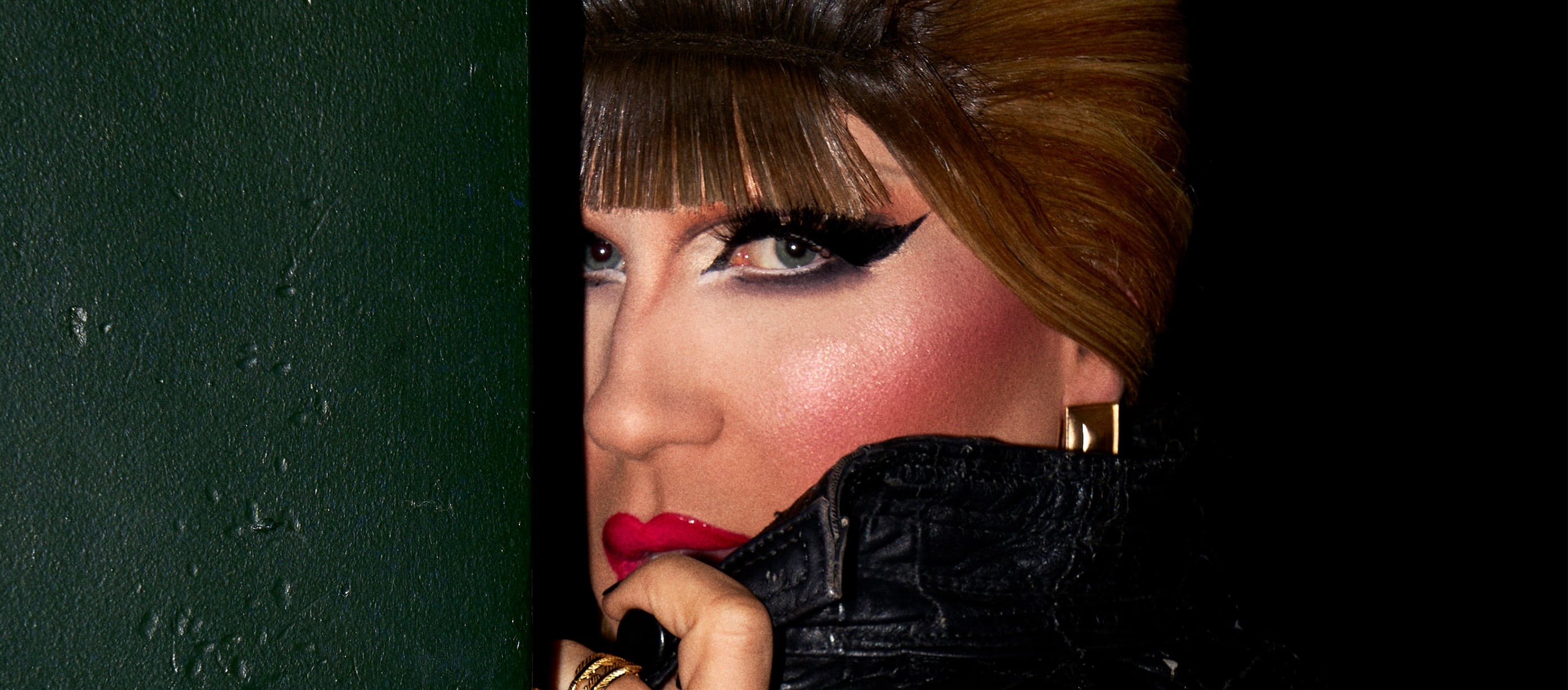
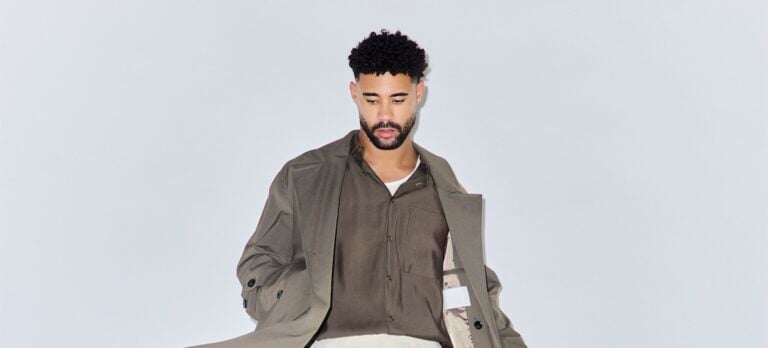
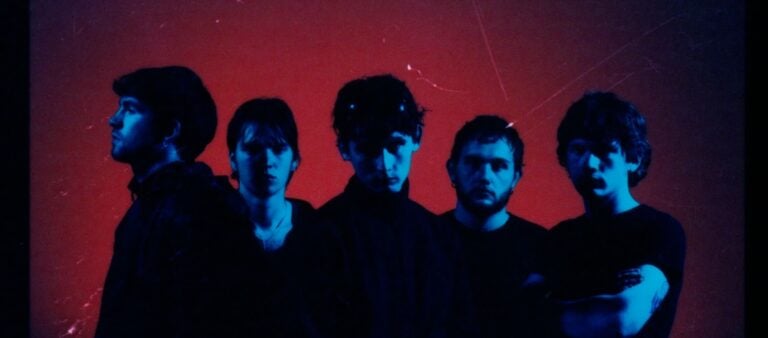
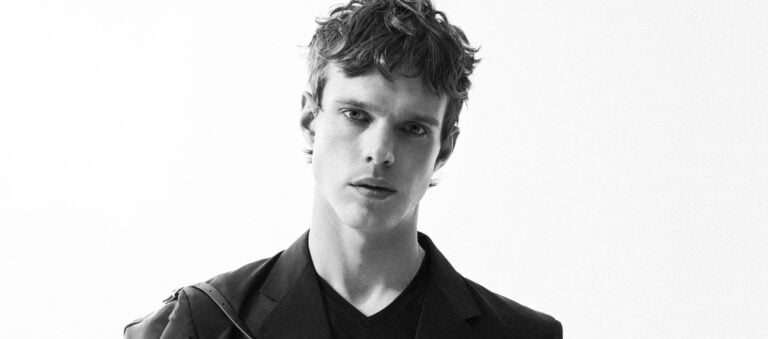
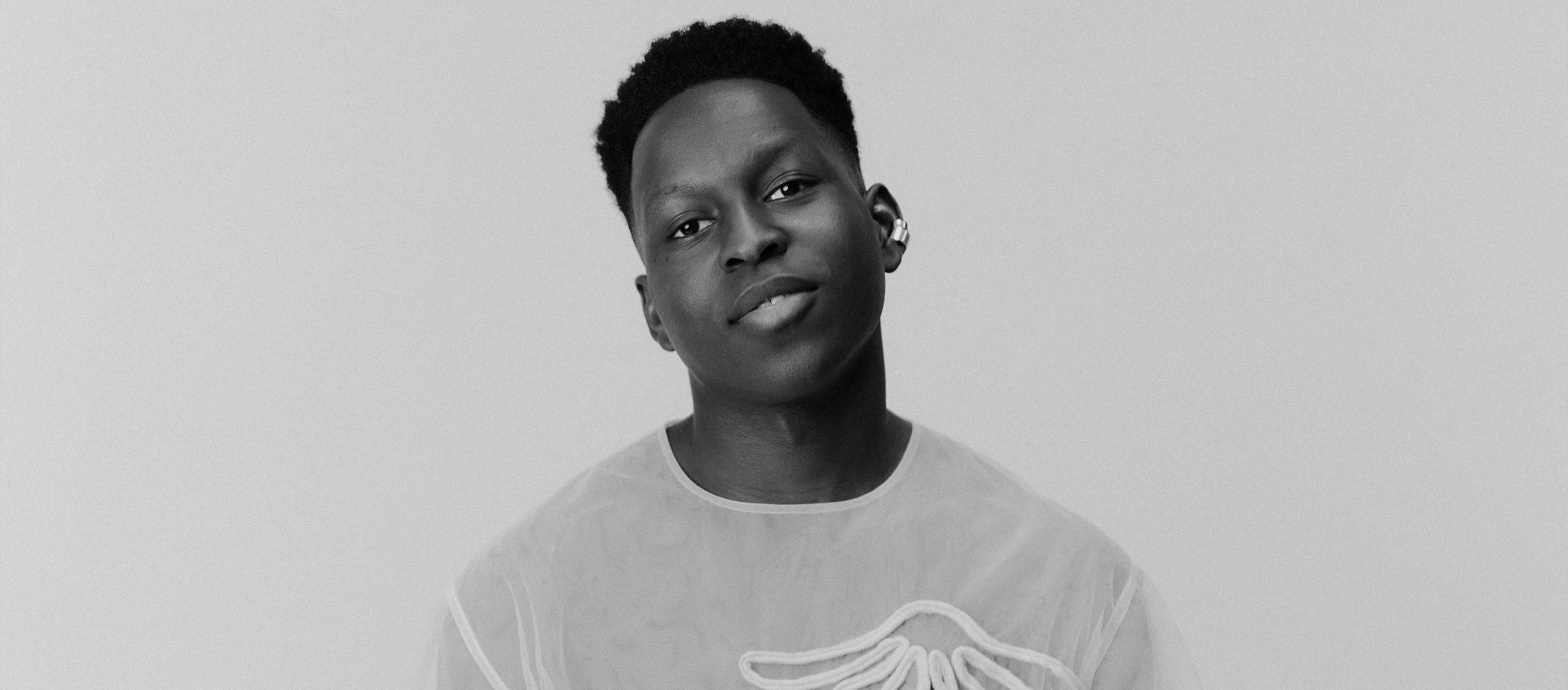
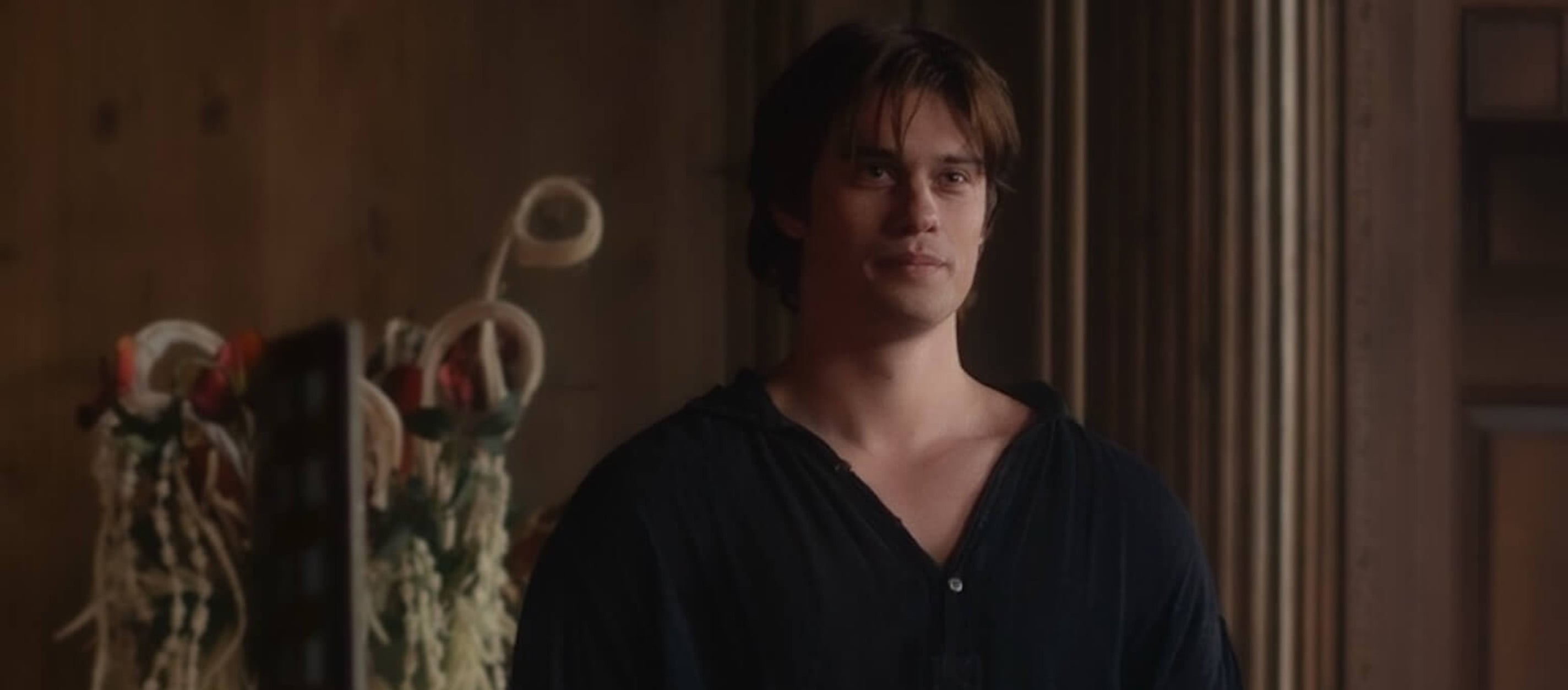
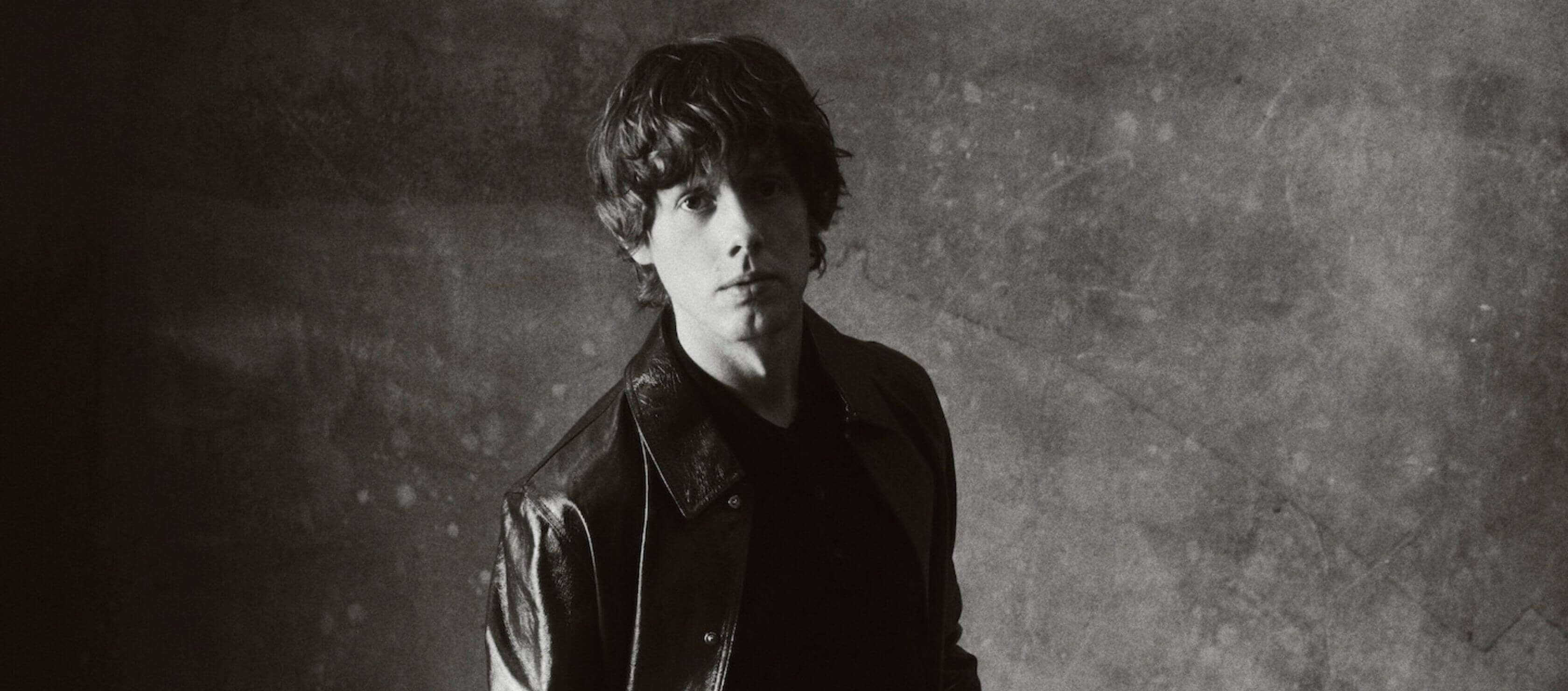
![Picture of “When We Were Developing Series [2], We Were Very Conscious Of The Live Debate About What It Means To Be British”: Tom Hiddleston On The Night Manager’s 2020s Comeback](/_next/image?url=https%3A%2F%2Fadmin.manabouttown.tv%2Fwp-content%2Fuploads%2F2026%2F02%2Fdigsfo.jpg&w=3840&q=85&dpl=dpl_BAn7NxyHJaiEdTs7qU44Q7jEsgp7)